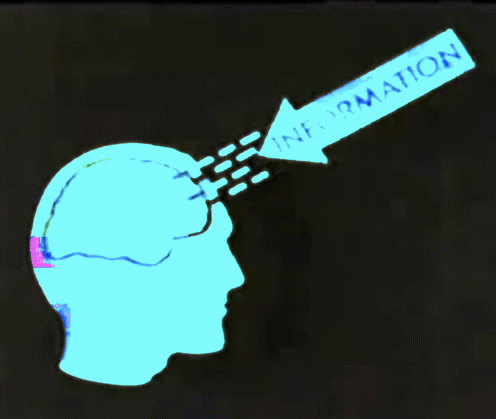
“In all affairs it’s a healthy thing now and then to hang a question mark on the things you have long taken for granted.” — Bertrand Russell
Biofouling is the technical name for the crusting of barnacles, mussels, and bacteria on ships. To most of us this problem appears to be a cosmetic one, but biofouling is a nuisance creating a drag on ships. Because of biofouling ships can require 40 percent extra fuel consumption to counter the added drag. This costs the Navy up to $1 billion annually in extra fuel costs and maintenance to keep its ships free of barnacles, oysters, algae and other debris. Over the centuries mariners have introduced a plethora of solutions to rid ships of the scourge of biofouling, but biofouling remains an issue today.
On this Thursday Thought we draw the comparison with our mental models (and by extension our organisations) to the barnacle-laden hull of a boat, crusted over with layers of crystallised beliefs. Our beliefs become the lens through which we view the world, this is how we create a perception. Our perceptions influence our choices , our behaviours, our priorities and ultimately manifest in the lives we live. When our beliefs become so entrenched they can create drag on our lives and our organisations. They weigh us down, wasting valuable energy, valuable life force, valuable time.
Mental Models

We develop mental models to make sense of the world. As infants, we learn through observation, learning from those who care for us. Throughout life, we further develop our mental models through a cocktail of education, socialisation, religion, beliefs, friendships, information we consume, all our sensory and experiential input. We develop mental models to help us organise and process information quickly. Our mental models develop slowly, accumulating like the biofouling on a ship. Like a hard to beat habit, the slower they develop, the more difficult they are to overcome.

Mental models are a positive force and help us navigate the world and make sense of things. Relying on the same sources for our information is a mistake and only serves to further reinforce our existing mental models (known as a confirmation bias). Questioning our assumptions on a regular basis is a healthy exercise. When we vary the inputs that feed our perspectives, we can uncover novel insights. In our world of constant disruption, it is essential to remove the “mental biofouling” that is no longer serving us and that is always much easier said than done.
Making lasting change involves examining processes, procedures, policies and protocols. We must question business models, why digitise a business model if it is no longer fit for purpose? Questioning our mental models is difficult, it essentially means discarding the parts of yourself and your business that are creating drag.
Business leaders will realise that the people who got them to where the business is today are not necessarily the people who will help the business evolve in the future. Some of your people will not be ready to make the journey with you and it is better to let them off your ship before you embark on a new voyage or tweak your course.
Stepping up sometimes means letting go. Personal evolution means letting go of the very responsibilities that got us to where we are today. The skills and tasks that we like to do, the ones we are good at must be delegated. We must hand them over to someone else in order to create capacity for us to do something new. All of this is difficult, letting go can feel dangerous and to our brains, change is perceived as a threat.
The British biologist, P.B. Medawar (1915–1987) whose research was fundamental to the development of tissue and organ transplants once said that “The human mind treats a new idea like the body treats a strange protein, it rejects it.” This is why we find it so difficult to change our views. This is why we can miss the obvious solution even when it is staring us in the face. This is why we neglect to look under the hull of our ships.
On this week’s Innovation Show, we talk to Henry Hutcheson, the author of “Dirty Little Secrets of Family Business: Ensuring Success from One Generation to the Next”. In this episode, Henry talks about how older generations need to allow future generations to question assumptions and must be open to new ways of doing things.
Today’s episode comes clean with much-needed info on nitty-gritty issues, such as
- Entitlement
- Letting employees (even family members) go when they just aren’t working out
- Compensation
- Your kids in the business (when to bring them in, help them move up, and prep them to take over)
- Shareholder agreements
- Selecting the next leader
- Deciding whether to keep the business or sell it
- Exit strategies for outgoing leaders
- Money matters
- Succession planning
- Communication
- Conflict resolution
- Establishing an effective board
- Transitioning to the next generation
We can apply the many ideas and tips in this engaging guide to address any business situation, family or otherwise.
Have a Listen:
Soundcloud https://lnkd.in/gBbTTuF
Spotify http://spoti.fi/2rXnAF4
iTunes https://apple.co/2gFvFbO
Tunein http://bit.ly/2rRwDad
iHeart http://bit.ly/2E4fhfl
More about Henry here: